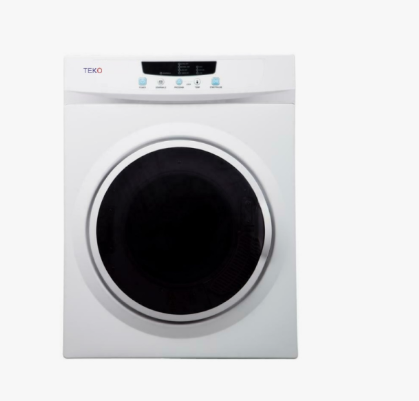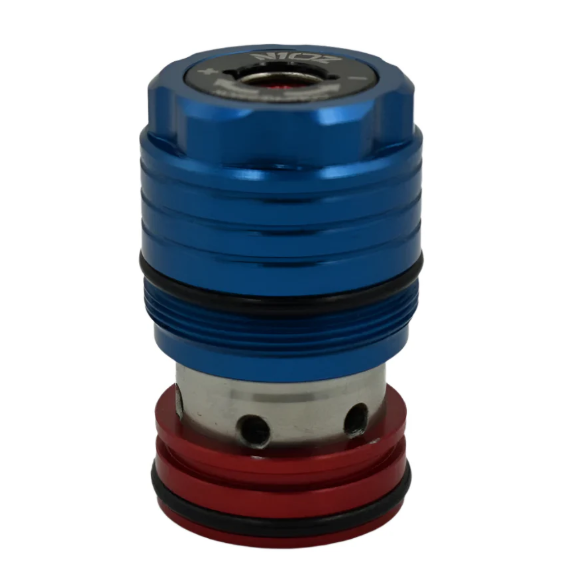The United Arab Emirates (UAE), long known for its rapid urban development and economic expansion, is now emerging as a regional leader in environmental sustainability. In response to growing climate challenges and global pressure to reduce carbon emissions, the UAE has adopted ambitious sustainability goals backed by innovative solutions and policies. Sustainability solutions in the UAE are not just a government initiative—they are becoming a cornerstone of the country’s future development strategy.
A Vision for Sustainability
At the heart of the UAE’s green transformation are the UAE Vision 2030 and the UAE Net Zero by 2050 Strategic Initiative. These frameworks outline the country’s commitment to reduce its carbon footprint and diversify its economy away from fossil fuels. The government has invested heavily in clean energy, green infrastructure, sustainable transportation, and environmental conservation.
These bold steps are aligned with global agreements such as the Paris Climate Accord and reflect the UAE’s role as a responsible global player in addressing climate change.
Clean Energy Initiatives
One of the most visible sustainability solutions UAE is its rapid shift toward renewable energy. The country is home to Masdar City—one of the world’s most sustainable urban communities—designed to be a zero-carbon, zero-waste city powered entirely by renewable sources.
The UAE is also investing in large-scale solar projects. The Mohammed bin Rashid Al Maktoum Solar Park in Dubai is among the largest solar parks in the world, projected to produce 5,000 MW of electricity by 2030. Similarly, the Barakah Nuclear Energy Plant in Abu Dhabi is contributing clean and safe nuclear energy to the national grid.
These projects significantly reduce dependence on oil and gas, positioning the UAE as a regional leader in clean energy production.
Sustainable Urban Development
Urban development in the UAE is evolving with a focus on environmental impact. Major cities like Dubai and Abu Dhabi are integrating green building standards and smart city technologies to reduce energy and water consumption. The Estidama Pearl Rating System, specific to Abu Dhabi, evaluates the sustainability performance of buildings and communities.
Developers are now incorporating eco-friendly design features such as solar panels, green roofs, and energy-efficient lighting and cooling systems. Many new buildings are being constructed to LEED or Estidama standards, ensuring long-term sustainability.
Waste Management and Recycling
Waste management is another key area of focus in the UAE’s sustainability strategy. With one of the highest per capita waste generation rates globally, the country is implementing innovative solutions to minimize landfill use and increase recycling.
Dubai’s Waste-to-Energy project, expected to be one of the largest in the world, will convert millions of tons of municipal waste into electricity. Meanwhile, public and private partnerships are promoting plastic reduction, composting, and electronic waste recycling programs.
Water Conservation Efforts
Water scarcity is a significant challenge in the arid climate of the UAE. To address this, the country is adopting advanced desalination techniques and promoting efficient irrigation and water reuse systems. Smart meters and leak detection technologies are being rolled out across cities to reduce water loss and encourage conservation among residents.
Corporate and Community Involvement
Sustainability in the UAE extends beyond government policy. Businesses are increasingly adopting corporate social responsibility (CSR) programs centered on sustainability, while startups are introducing green technologies and sustainable products. Educational institutions and NGOs are also playing a role by raising awareness and fostering a culture of environmental responsibility.
Public engagement is being driven through initiatives like The Year of Sustainability 2023 and Expo 2020 Dubai’s Sustainability Pavilion, both of which highlighted the importance of sustainable living and innovation.
Conclusion
The UAE’s approach to sustainability is comprehensive, forward-thinking, and deeply integrated into its national development agenda. From renewable energy and sustainable construction to waste reduction and water conservation, the country is deploying a wide range of sustainability solutions aimed at securing a greener, more resilient future. As the UAE continues to diversify its economy and invest in innovation, it sets a powerful example for the region and the world on how progress and sustainability can go hand in hand.




